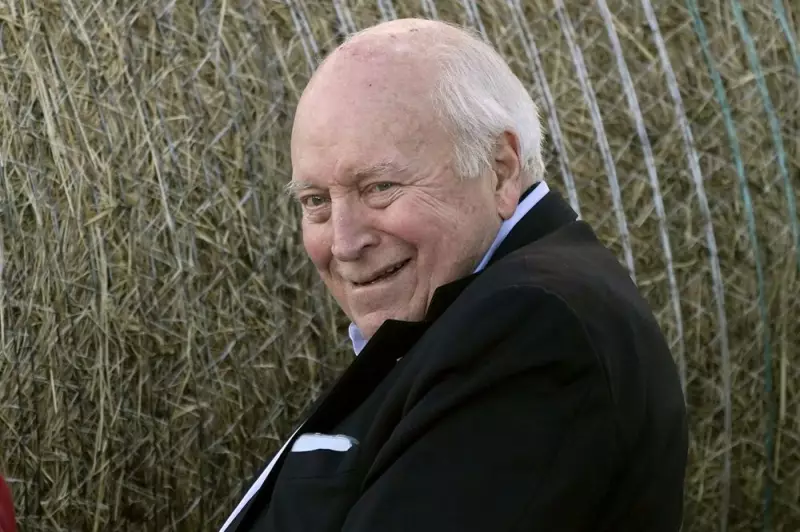
The American political landscape lost one of its most formidable figures with the passing of Richard "Dick" Cheney at age 84. The former vice president, who served under George W. Bush from 2001 to 2009, died surrounded by family, leaving behind a legacy that continues to spark intense debate among historians and political observers.
A Political Powerhouse's Rise to Influence
Cheney's career in Washington spanned decades, establishing him as one of the most influential vice presidents in American history. His path to power began in the 1970s when he served as White House chief of staff under President Gerald Ford, making him the youngest person to hold that position at age 34.
His political journey continued through Congress, where he represented Wyoming for six terms, followed by his role as Secretary of Defense under President George H.W. Bush during the Gulf War. This extensive experience in both legislative and executive branches gave him unparalleled insight into the workings of Washington.
Shaping Post-9/11 America
Cheney's vice presidency became defined by the September 11, 2001 terrorist attacks and their aftermath. He was a principal architect of the Bush administration's response, advocating for robust executive powers and the controversial invasion of Iraq in 2003.
His influence extended beyond traditional vice presidential duties, playing crucial roles in national security policy, intelligence gathering methods, and the establishment of the Department of Homeland Security. Supporters credit his tough stance with preventing further terrorist attacks on American soil, while critics argue some measures crossed constitutional boundaries.
Health Challenges and Later Years
Cheney's health struggles were well-documented throughout his later career. He suffered his first heart attack at age 37 and would experience four more, eventually receiving a heart transplant in 2012 at age 71. His cardiovascular history was so extensive that he joked about having "postponed more heart attacks than any other American."
In his post-vice presidential years, Cheney remained an active voice in conservative politics, frequently criticizing the Obama administration's foreign policy and occasionally breaking with his own party on certain issues. He authored a memoir and continued to make media appearances, maintaining his reputation as a staunch defender of his administration's decisions.
A Complex Legacy
Dick Cheney leaves behind a complicated political inheritance. To some, he was a patriot who made difficult decisions to protect national security during unprecedented threats. To others, he represented an overreach of executive power that damaged America's international standing.
His daughter Liz Cheney followed in his political footsteps, serving in Congress and becoming a prominent critic of Donald Trump, demonstrating that the Cheney political dynasty—and its willingness to take controversial stands—would continue into another generation.
The passing of this polarizing figure marks the end of an era in American politics, one whose impact continues to shape foreign policy debates and discussions about presidential power to this day.





